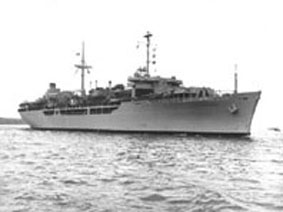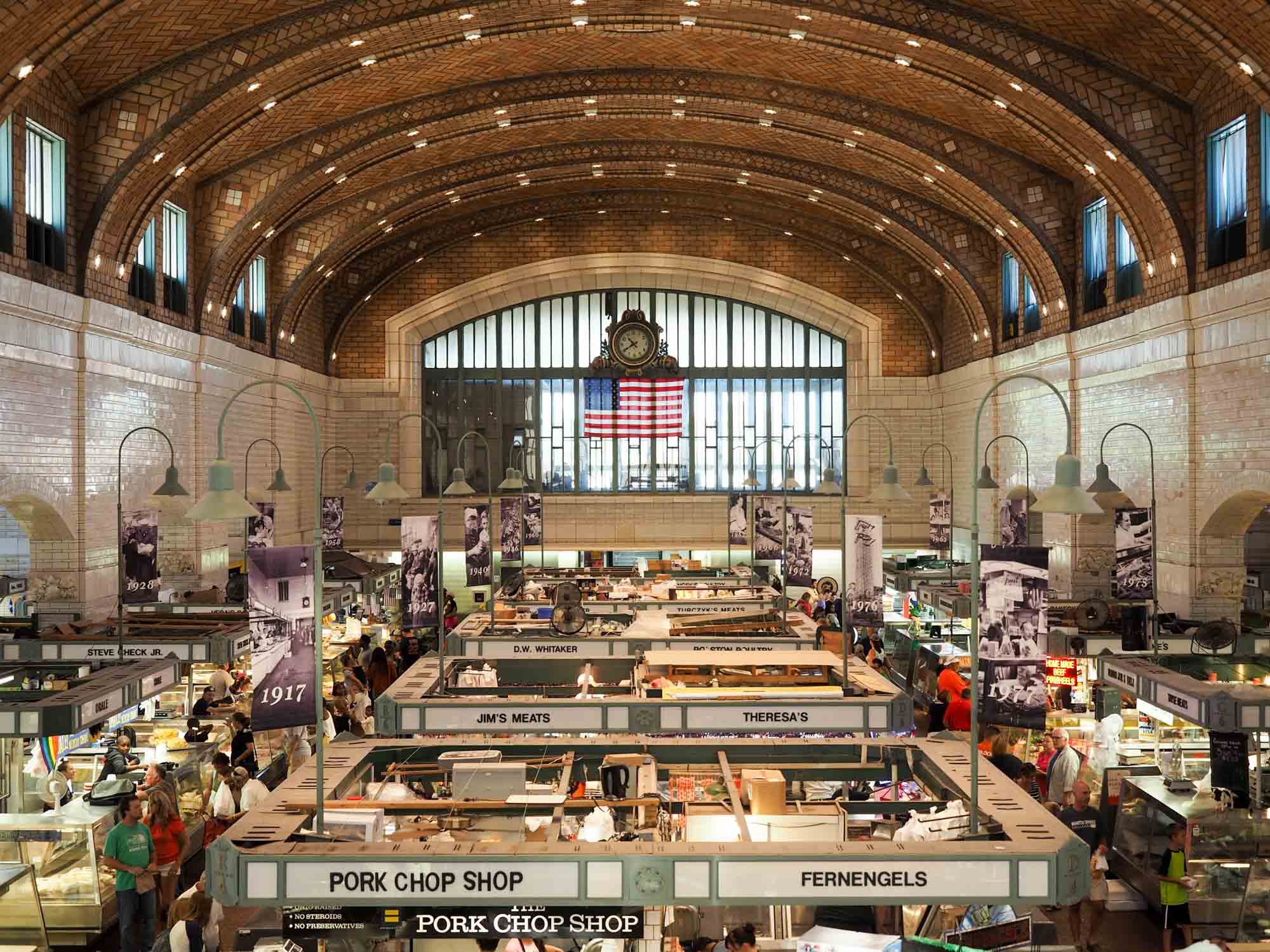American History
Related: About this forumThe Mayflower Pioneers: The Hardships They Encountered
How They Got HereThe Dutch contingent bought a small ship, the Speedwell, and sailed it to Southampton to join up with their English friends. The English had chartered the cargo ship, the Mayflower.
Both ships set sail on August 15, 1620, but the Atlantic crossing was aborted twice as the Speedwell proved unseaworthy. The Pilgrims regrouped and 102 of the original 120 passengers – 18 gave up in disgust – set sail for the six-week voyage to the New World.
The Hardships of Their Voyage
According to the Mayflower History website, “The voyage itself across the Atlantic Ocean took 66 days, from their departure on September 6, until Cape Cod was sighted on 9 November 1620.”
https://ancestralfindings.com/mayflower-pioneers-hardships-encountered/#genealogy%20#genealogyresearch%20#Mayflower%20#Pioneers%20#independence%20#religious%20#England%20#ancestry%20#Catholic%20#familytree
Effete Snob
(8,387 posts)That trip didn't come free, and they screwed their lenders.
left-of-center2012
(34,195 posts)Effete Snob
(8,387 posts)They were fronted money as an investment on which they were supposed to produce a return. They fucked their creditors and financial backers, who didn’t give a hoot about their insane intolerant religious ideas. D’jever wonder why the Netherlands was “oppressive” to them? It’s because the Dutch tolerated other religions and the Pilgrims didn’t want their children raised in that kind of environment.
Pretty sure the Plymouth Company is explained in lots of places. They didn’t pay cash to charter the Mayflower.
How the trip was financed, and their default on their obligations, is basic history.
https://historyofmassachusetts.org/plymouth-colony-history/
“ The Plymouth Company was a joint stock company founded in 1606 by King James I with the goal of establishing settlements along the east coast of North America.
Who Settled Plymouth Colony?
The Plymouth Company, which consisted of 70 investors, had an agreement with the settlers of the Plymouth Colony, the pilgrims, promising to finance their trip to North America and in return the settlers would repay the company from profits made by harvesting supplies, such as timber, fur and fish, which were then sent back to England to be sold.”
The key word there being “promising”.
https://www.pbs.org/newshour/economy/what-you-didnt-know-about-the-pilgrims-they-had-massive-debt
What you didn’t know about the pilgrims: They had massive debt
——
They were this continent’s first deadbeats who believed they had a religious entitlement to avoid their financial obligations.
Grasswire2
(13,708 posts)Did you read this part from your link?
"But the first brutal winter was not good for business, and nearly half the colonists died."
Truly. They were dead, but were they "deadbeats"?
In my family, Elizabeth Tilley (a girl of about thirteen years old) was orphaned that first winter in the New World. She was taken into the Carver household, where she worked to care for the ill and to feed and care for the others. Eventually she married John Howland, who was an indentured manservant to Carver. They had children, and the work of the family was to establish a food-raising farm and to hunt and process fur-bearing animals whose pelts were sent to England.
What the hell do you know about people struggling so for survival that allows you to call them deadbeats?
marble falls
(62,086 posts)... and they had no real success, and they were taken over by the Bay Colony in 1690.
https://www.pbs.org/newshour/economy/what-you-didnt-know-about-the-pilgrims-they-had-massive-debt
left-of-center2012
(34,195 posts)Goonch
(3,811 posts)aboard the Military Sea Transportation Service operated USNS General M. B. Stewart that carried D.P.'s from Bremerhaven Germany to New York. Rough winter crossing of nearly 2 weeks. Puked alot. Couldn't keep food down. Arrival at Ellis Island USA was a blessing.

marble falls
(62,086 posts)... it was fighting words in the early fifties to call someone that. The benefit of it was we were eating better than the nativists: pirogi, pogach, haluptki, kolachi, simple lunches - cheese, real bread, veggies, a piece of sausage. Those were golden days for me on the Near Westside of Cleveland.
Goonch
(3,811 posts)Mom used to send me to the farmers market for real bread - jewish rye - and cottage cheese to make us pirogi. She also made some with sauerkraut and mushrooms if I recall.
marble falls
(62,086 posts)Around October my aunt Dorthy'd join in a session, and they'd make cheese and potato, prune, and mushroom and potato. We used the sauerkraut to make pogach.
Look up the Cleveland Westside Farmers Market website and tell me if you don't feel nostalgic!
Goonch
(3,811 posts)Impressively mouthwatering

marble falls
(62,086 posts)... Little story: when I was about six, my dad and I went to the market to get a chicken. When we were at the shop, there were cages of chickens and I was told to pick one. Great, I thought, I'm getting a pet chicken. They took it out of the cage and took it into the back room. I wondered why, and my dad said they were dressing it. Great, I though, maybe they'll dress it like a cowboy. After five minutes they came out with a grocery bag. Where's my chicken asks I. In the bag said my dad. OK, thought I, he was tired and sleeping in his bag.
Imagine my consternation when we got home.